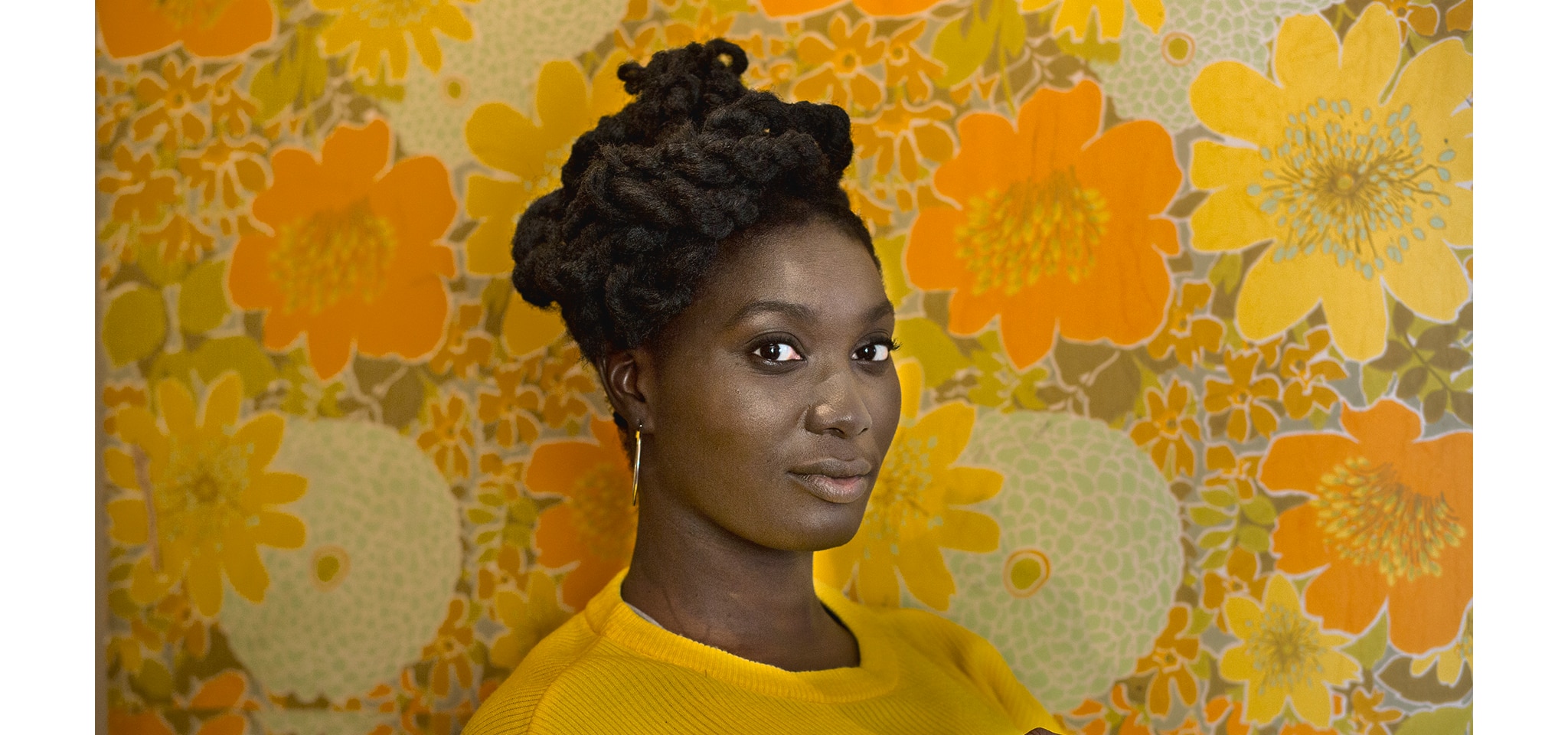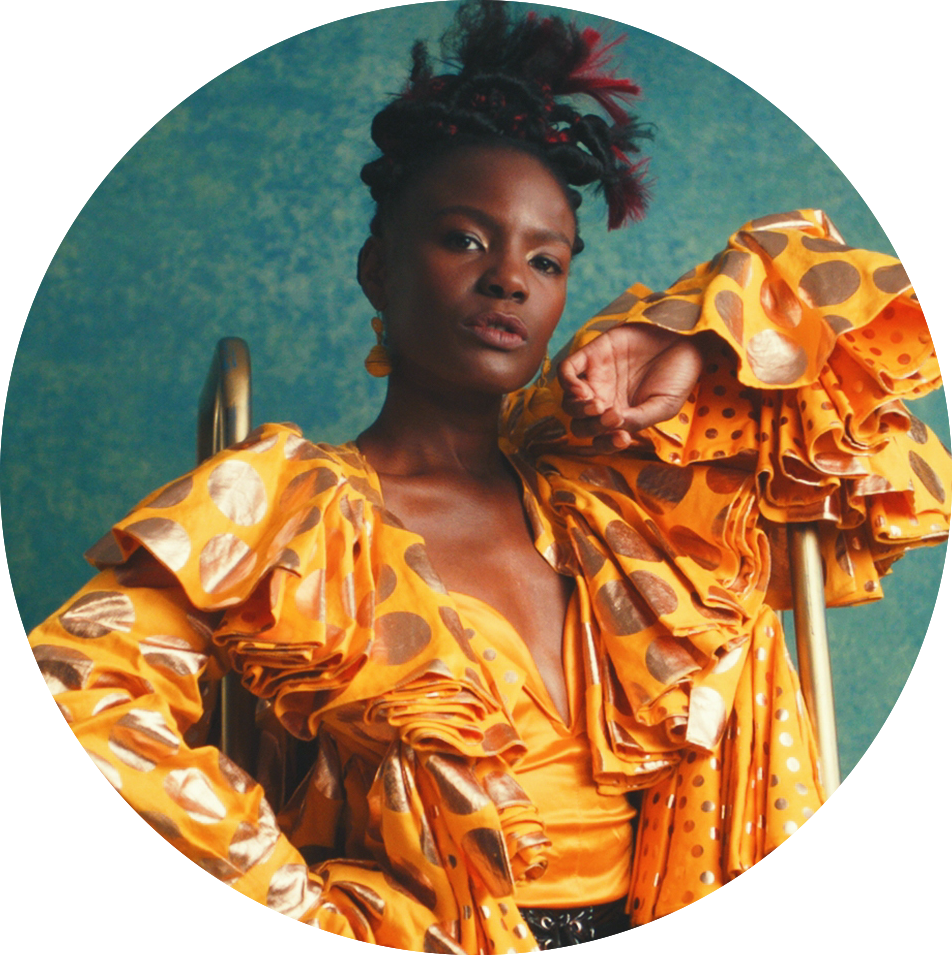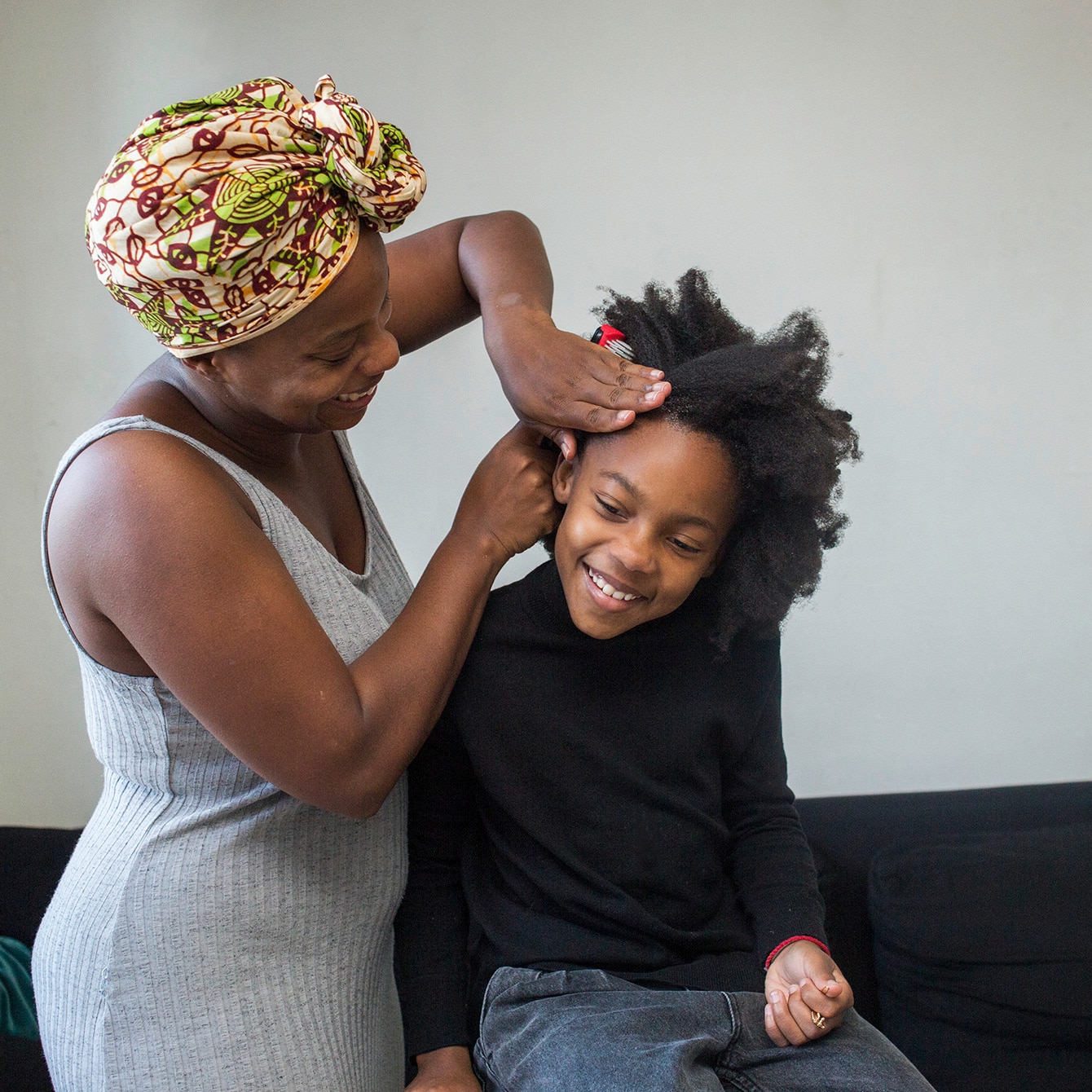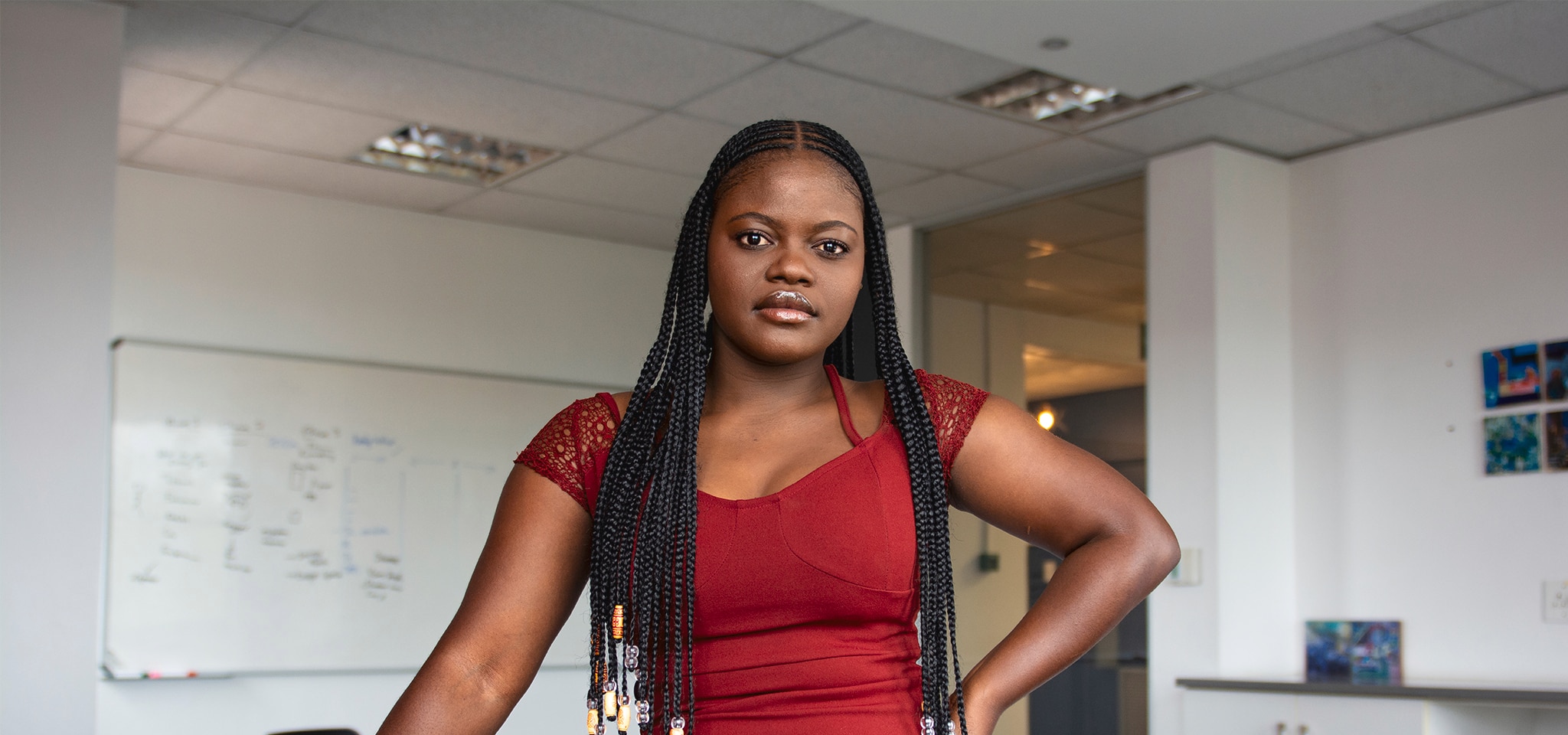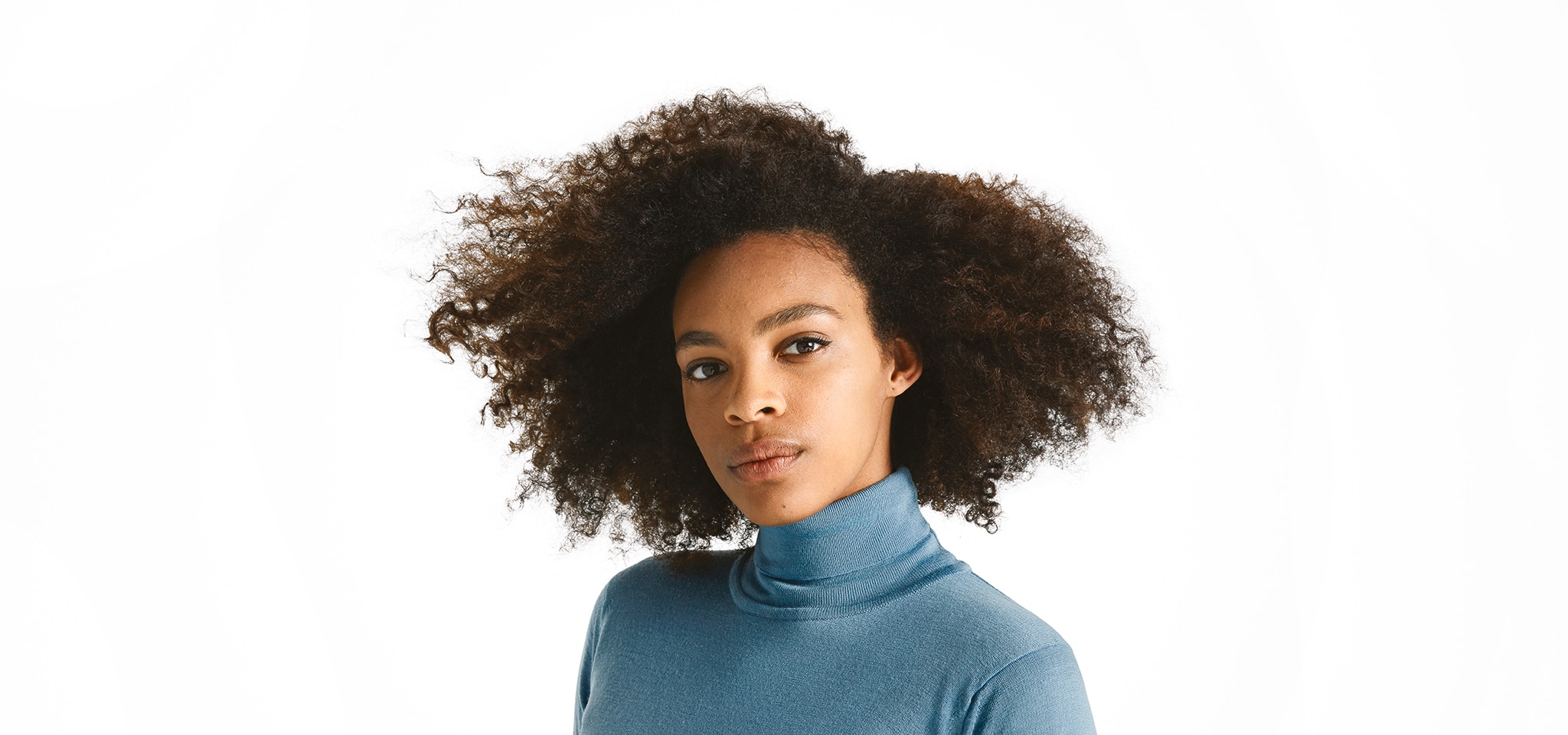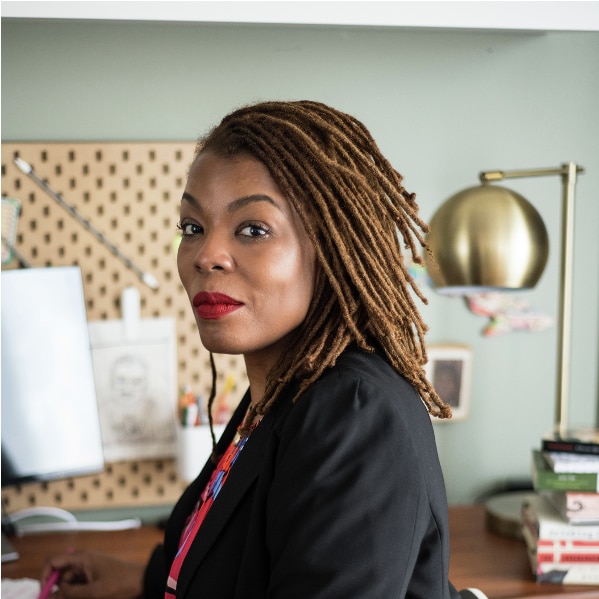Hair discrimination negatively affects people’s daily lives and self-esteem. Black hair is rich in culture and diverse in styles, but Black women are often told that their hair doesn’t fit society's standards of beauty. We believe that all hair should be celebrated – including textured hair as it naturally grows and protective styles such as braids, twists or locs. Starting in the US, we co-founded the CROWN (Creating a Respectful and Open World for Natural Hair) Coalition and the CROWN act to help end Black hair discrimination through legislative advocacy and societal change. Our work has only just begun. We’re taking steps to deepen our commitment to ending race-based hair discrimination in the UK, too – because no matter how we wear our hair, we all deserve to feel beautiful.
The meaning behind Black hairstyles
Black hair has always been more than just a hairstyle. The cultural legacy within Black hairstyles represents power, politics and pride. Traditional African braids, for example, were and still are an important part of celebrating Black culture. Braids would express a person’s background, social status and even whether or not they were married. Having your hair braided for the first time is a rite of passage for Black women’s beauty now, just as it was then. These intricate patterns took a long time to perfect, and braiding was seen as a social art. People bonded and shared stories while getting their hair done – in the same way that people still do today at home.
Black people have been fighting for centuries to reclaim their hair power ever since slaves were shaved bald to be seen as “clean”, stripping a key part of their identities. Despite all the joy in Black hair, it often sees more discrimination than celebration, with over half of Black people feeling the need to change their hairstyle.
Black hair and Western beauty standards
We live in a world where Western beauty standards dictate what’s seen as beautiful – and Black hairstyles don’t fit. This creates bias – meaning that Black people are judged or looked down on simply because of their hair. We rarely see a Black woman with her natural hair playing the princess, hero or main character in a film. Whether it’s in children’s cartoons, or celebrities in magazines, it’s usually only long, straight hair that is seen as “good hair”. Because of this, Black people are often made to believe that their hair isn’t acceptable or presentable, as it’s labelled unprofessional, messy or even ugly. Not only does this create a societal pressure that Black women should straighten or chemically alter their hair to fit in, but it sends a dangerous message that Black hair isn’t good enough. Growing up and always being reminded that you’re different negatively impacts Black people. Experiencing these microaggressions can lead to low self-esteem and makes Black women feel that they can’t express their beauty – and most importantly themselves – without being devalued.
Ending hair discrimination in the UK
Hair discrimination is a complex issue. The Equality Act doesn’t explicitly include protection for Black hair, which means that discrimination based on hair styles and presentation still isn't illegal in the UK. From school uniform policies and workplace dress codes, to simply walking down the street, an astounding 63% of Black adults have experienced hair discrimination.
We proudly co-funded ‘Hair Power: Me and My Afro’ – a powerful documentary on Black hair by Channel 4 and Pulse Films, presented by our amazing partner Emma Dabiri. The film explores empowering stories of hair pride, myths de-bunked, and the hard-hitting realities of hair bias and racial discrimination experienced in the UK. We want to create a future where Black women feel celebrated – and we won’t stop there.
Change starts with something as simple as signing a petition. Emma Dabiri and Zina Alfa have both created petitions to make hair discrimination illegal under the UK Equalities Act. Add your signature and share them too. Change starts today.

